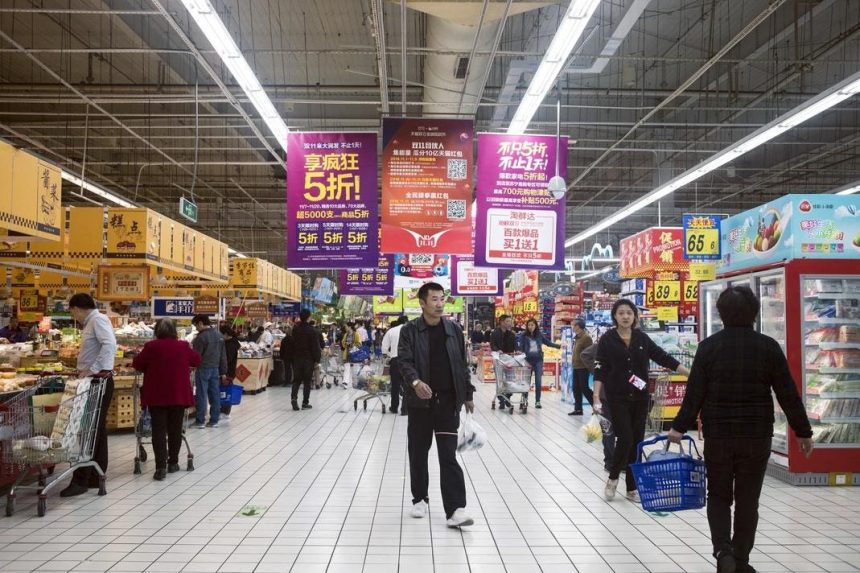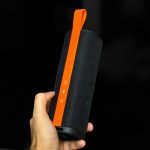Alibaba Group’s strategic divestiture of its controlling stake in Sun Art, a Chinese hypermarket operator, marks a significant shift in the e-commerce giant’s portfolio management. The deal, valued at up to HK$12.3 billion ($1.6 billion), involves the sale of Alibaba’s over 70% ownership to DCP Capital, a private equity firm helmed by former KKR Greater China CEO David Liu. While the transaction is anticipated to result in substantial losses of approximately $1.8 billion for Alibaba’s shareholders, it underscores the company’s renewed focus on core business operations and maximizing shareholder value. This strategic move follows a pattern of similar divestitures, including the sale of the Intime department store chain, indicating a broader trend of streamlining operations and shedding non-core assets.
The decision to divest from Sun Art comes after several years of challenging market conditions for the hypermarket operator. Initially, Alibaba’s investment in Sun Art, beginning in 2017 and culminating in a $3.6 billion injection in 2020, was driven by a vision of synergistic collaboration under the banner of a “new retail” strategy. This strategy envisioned a seamless integration of online and offline retail experiences, leveraging customer data analysis to personalize the shopping journey and optimize omnichannel delivery mechanisms. However, the anticipated benefits failed to materialize amidst a backdrop of economic headwinds in China, including the lingering effects of stringent Covid-19 measures and a protracted property crisis. These macroeconomic factors dampened consumer spending, impacting Sun Art’s performance and ultimately contributing to Alibaba’s decision to divest.
Sun Art’s recent financial performance has been marked by declining sales, leading to the closure of underperforming stores and significant workforce reductions. According to the company’s 2024 interim report, nearly 20,000 employees have been laid off as the hypermarket chain grapples with the challenging economic landscape. The company’s stock has also suffered a substantial decline, losing almost 80% of its value over the past five years, reflecting investor concerns about its future prospects. This dwindling market capitalization, now around HK$18 billion, underscores the challenges faced by traditional brick-and-mortar retailers in the face of evolving consumer behavior and intensifying competition.
For Alibaba, the divestiture represents a strategic realignment in the face of its own competitive pressures. The e-commerce landscape in China has become increasingly competitive, with rivals like PDD Holdings, led by billionaire Colin Huang, gaining market share through aggressive discounting strategies that appeal to price-conscious consumers. This intensifying competition has prompted Alibaba to re-evaluate its strategic priorities and focus on reclaiming lost ground. Under the leadership of a new management team, including CEO Eddie Wu, the company is implementing a multi-pronged approach to revitalize its market position. This includes emphasizing value-for-money products to attract budget-conscious shoppers and leveraging artificial intelligence for targeted marketing to enhance customer engagement and conversion rates.
The sale of Sun Art, while resulting in a significant financial loss, allows Alibaba to redirect resources towards its core e-commerce business and invest in innovative strategies to compete effectively in the dynamic Chinese market. By shedding its stake in the struggling hypermarket chain, Alibaba can streamline its operations and prioritize growth initiatives that align with its long-term strategic objectives. This move also signals a shift away from the previously championed “new retail” strategy, acknowledging the challenges of integrating online and offline retail operations in the current market environment.
In conclusion, Alibaba’s decision to divest from Sun Art represents a pragmatic response to challenging market realities. While the transaction entails a substantial financial loss, it reflects a strategic recalibration focused on maximizing shareholder value and strengthening Alibaba’s core e-commerce business. By streamlining its portfolio and prioritizing growth initiatives in its core areas of expertise, Alibaba aims to navigate the competitive landscape and reclaim market share in the face of evolving consumer preferences and intensified competition. The divestiture marks a significant turning point for both Alibaba and Sun Art, each charting their own courses in the dynamic and ever-evolving Chinese retail market. The coming years will reveal the efficacy of Alibaba’s strategic realignment and whether the company can successfully regain its footing in the face of formidable competition. For Sun Art, the future remains uncertain as it navigates the challenges of a shifting retail landscape under new ownership.



